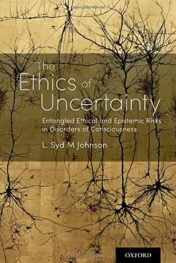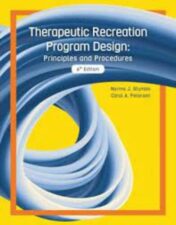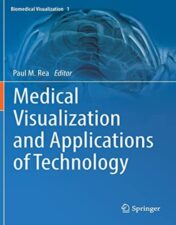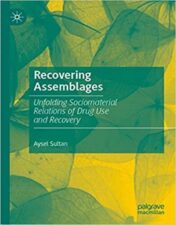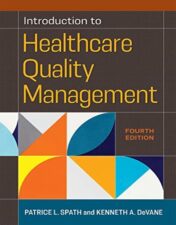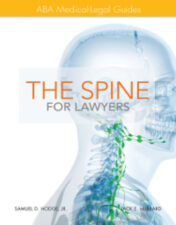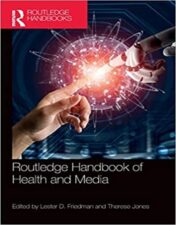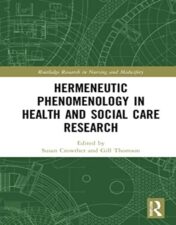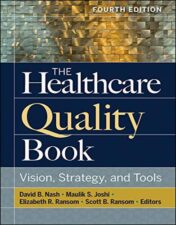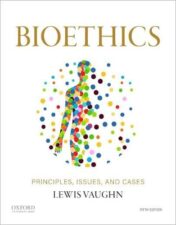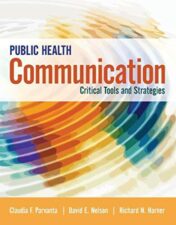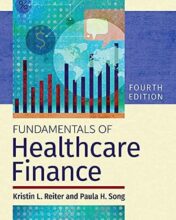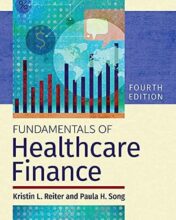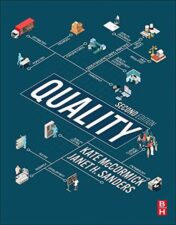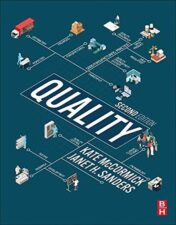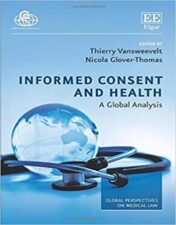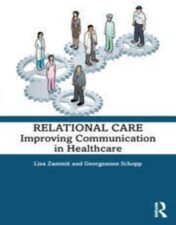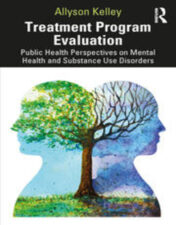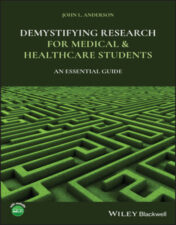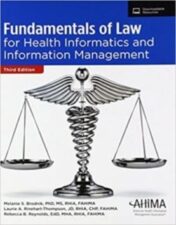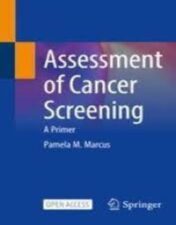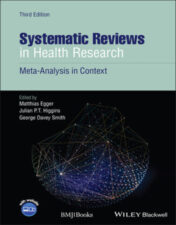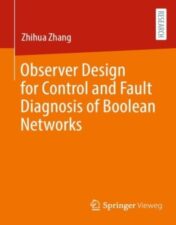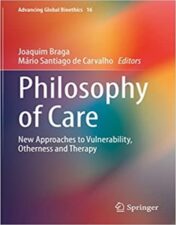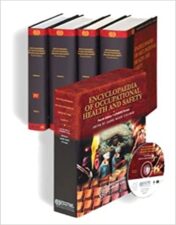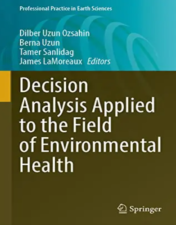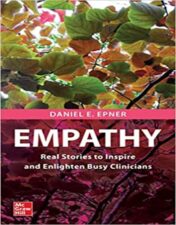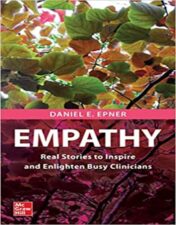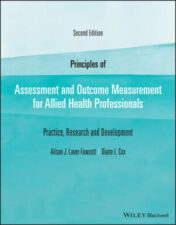The Ethics of Uncertainty: Entangled Ethical and Epistemic Risks in Disorders of Consciousness 2021 Original PDF
$12
The Ethics of Uncertainty: Entangled Ethical and Epistemic Risks in Disorders of Consciousness 2021 Original PDF
Disorders of Consciousness (DoCs) raise difficult and complex questions about the value of life for persons with impaired consciousness, the rights of persons unable to make medical decisions, and our social, medical, and ethical obligations to patients whose personhood has frequently beenchallenged and neglected. Recent neuroscientific discoveries have led to enhanced understanding of the heterogeneity of these disorders, and focused renewed attention on the medical and ethical problem of misdiagnosis. This book examines the entanglement of epistemic and ethical uncertainty in DoCs and other medical contexts, and how they interact to create both epistemic and ethical risks. Philosopher and bioethicist L. Syd M Johnson pulls together multiple threads in this work: the ontological mysteries ofconsciousness, medical uncertainty about unconsciousness, ableist bias, withdrawal of treatment in neurointensive care, and the rarely questioned view that consciousness is essential to personhood and moral status. Johnson challenges longstanding bioethical dogmas about DoC patients, and argues foran ethics of uncertainty for contexts where there is a need for decisive action in the presence of unavoidable uncertainty. The ethics of uncertainty refocuses ethical inquiry concerning persons with DoCs, placing less emphasis on their contested personhood, and more on inductive risk anduncertainty, on respect for autonomy, and especially on epistemic justice. With applications to various decisional contexts where uncertainty and ethical risk interact, this ethical approach enables surrogate decision makers facing fraught and risky choices to fulfill their obligations as moral andepistemic agents.
Related Products
Public Health Books
Introduction to Health Behavior Theory, 4th Edition 2022 Original PDF
Public Health Books
Public Health Books
Strategic Debriefing for Advanced Simulation 2022 Original PDF
Public Health Books
Applied Machine Learning for Assisted Living 2022 Original PDF
Public Health Books
Introduction to Healthcare Quality Management, Fourth Edition 2022 epub+converted pdf
Public Health Books
Public Health Books
Public Health Books
Public Health Books
The Spine for Lawyers: ABA Medical-Legal Guides 2014 epub+converted pdf
Public Health Books
Transcend Fear: A Blueprint for Mindful Leadership in Public Health 2021 Original PDF
Public Health Books
Routledge Handbook of Health and Media 2022 epub+converted pdf
Public Health Books
Public Health Books
Public Health Books
Public Health Books
Public Health Books
Reconsidering Patient Centred Care: Between Autonomy and Abandonment 2022 Original PDF
Public Health Books
Information and Communication Technology (ICT) Frameworks in Telehealth 2022 Original PDF
Public Health Books
Legal Aspects of Health Care Administration, 14th edition 2022 epub+converted pdf
Public Health Books
The Healthcare Quality Book: Vision, Strategy, and Tools, 4th edition 2019 Original PDF
Public Health Books
Bioethics: Principles, Issues, and Cases, 5th edition 2022 Epub+ converted pdf
Public Health Books
Public Health Communication: Critical Tools and Strategies 2017 Epub+ converted pdf
Public Health Books
Fundamentals of Healthcare Finance, Fourth Edition 2022 Epub+ converted pdf
Public Health Books
Fundamentals of Healthcare Finance, Fourth Edition 2022 Original PDF
Public Health Books
Public Health Books
Public Health Books
Public Health Books
Transforming Healthcare : An Insider’s Look on Why and How 2022 Original PDF
Public Health Books
Relational Care: Improving Communication in Healthcare 2022 Original PDF
Public Health Books
Public Health Books
Emotional Design and the Healthcare Environment 2022 Original pdf
Public Health Books
Coping with the Pandemic in Fragile Cities 2022 Original pdf
Public Health Books
Pandemic Police Power, Public Health and the Abolition Question 2022 Original pdf
Public Health Books
Caste, COVID-19, and Inequalities of Care Lessons from South Asia 2022 Original pdf
Public Health Books
Local Government and the COVID-19 Pandemic A Global Perspective 2022 Original pdf
Public Health Books
Handbook of Settings-Based Health Promotion 2022 Original pdf
Public Health Books
Health Care Ethics: Critical Issues for the 21st Century 2019 Original pdf
Public Health Books
Public Health Books
Public Health Books
Observer Design for Control and Fault Diagnosis of Boolean Networks 2021 Original PDF
Public Health Books
Online Health Forums and Services: Benefits, Risks and Perspectives 2022 Original PDF
Public Health Books
Bio-Nano Interface: Applications in Food, Healthcare and Sustainability 2021 Original PDF
Public Health Books
Food, Energy, and Water Nexus: A Consideration for the 21st Century 2022 Original PDF
Public Health Books
Foundations for Health Promotion, 5th Edition 2022 EPUB & converted pdf
Public Health Books
Empathy: Real Stories to Inspire and Enlighten Busy Clinicians 2022 Epub & converted pdf
Public Health Books
Empathy: Real Stories to Inspire and Enlighten Busy Clinicians 2022 Original pdf

